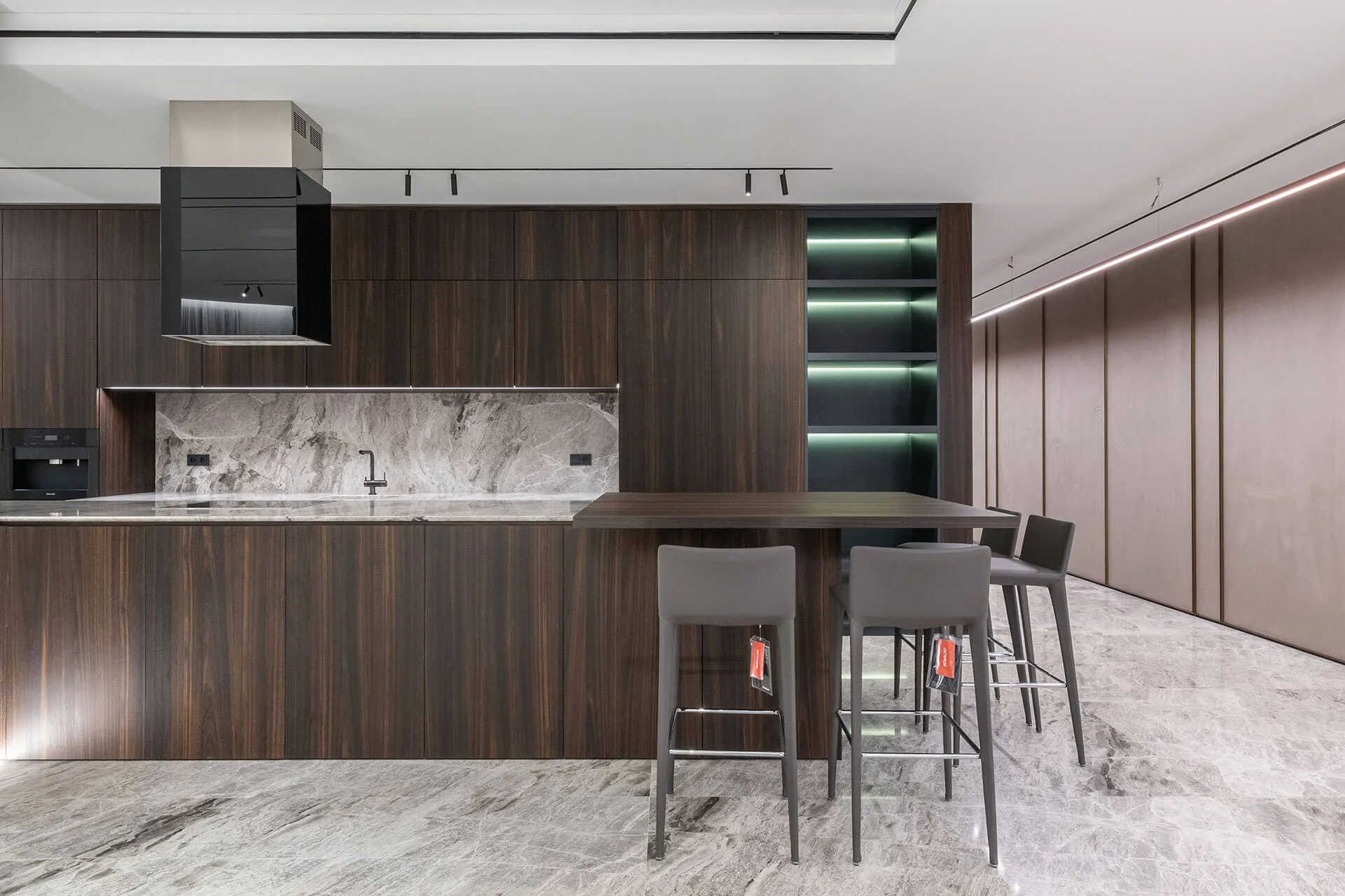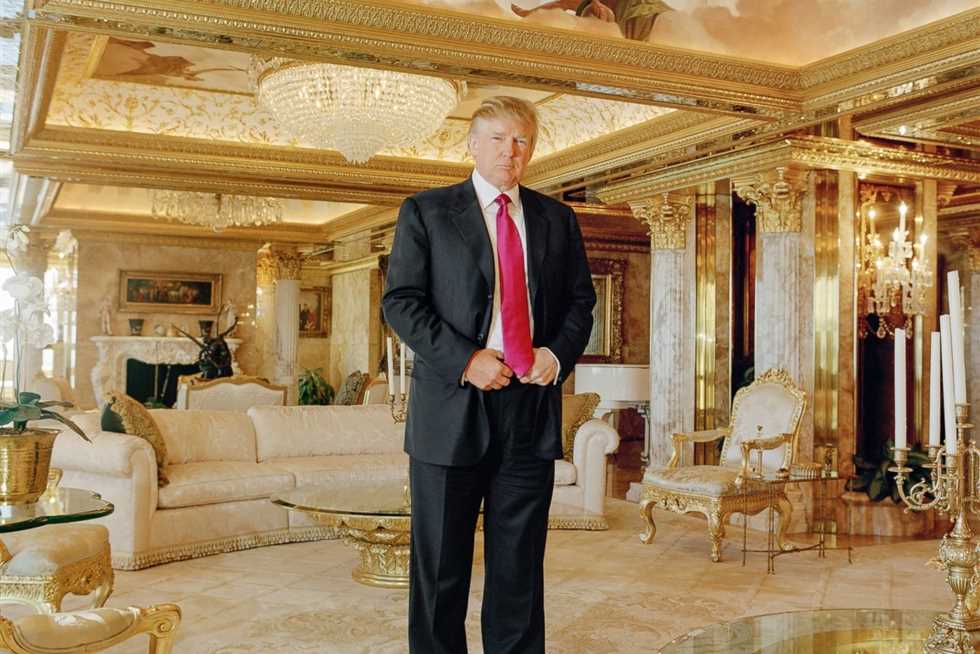Alsharq Tribune-AFP
The Home Furnishings Association, the only trade group representing the interests of home furnishings retailers in the United States, expressed concern on Friday over new tariffs announced by Washington, warning its more than 1,400 members that the measure could directly impact their businesses.
"For furniture retailers, these tariffs present both challenges and questions," said an alert letter posted on the group's official website Friday, one day after U.S. President Donald Trump declared that tariffs of 30 percent to 50 percent would be imposed on certain furniture and cabinetry starting Oct. 1, citing national security reasons.
"Higher costs from tariffs may need to be passed along to consumers, which could dampen demand at a time when families are already managing tighter household budgets. Retailers may also face difficult decisions about product sourcing, vendor relationships, and long-term merchandising strategies," the group wrote.
The association said that it is unclear whether wood furniture and casegoods would fall under the "associated products" category for the upcoming tariffs, stressing that the definition would determine the scope of the impact on furniture retailers.
Trump has previously threatened tariffs on furniture in a bid to revive the domestic industry, despite opposition from the sector itself, which has warned of higher costs and weaker competitiveness.
Data released by the U.S. Bureau of Labor Statistics on Sept. 11 showed furniture prices had risen faster than overall inflation in August. Seasonally adjusted inflation for living room, kitchen and dining room furniture was 0.7 percent, exceeding overall inflation for the third consecutive month.
Dennis Hendriks, vice president of Eichholtz, a leading wholesaler of luxury design furniture, lighting and home accessories, was quoted by Furniture Today as saying that it was "wishful thinking" to expect tariffs to bring back large-scale upholstery production.
"We already brought our best-selling upholstery designs to the U.S. before tariffs were announced, but who is going to produce the demand in the U.S.? You need factories and workers to be able to produce the quantities to answer the demand. End of the day, we don't want our customers to pay a higher price for the furniture," he told the industry news outlet Friday.
John Miranda, executive vice president at Jofran Inc., a U.S.-based furniture manufacturer, also highlighted the uncertainty created by the tariffs in a LinkedIn post on Friday, using a sports analogy.
"I keep describing the situation as being handed a plain white ball and being told to come up with a game plan and a defense," Miranda wrote. "The problem is we don't know what game we're playing. Are we playing soccer? Baseball? Billiards? Golf? How do you develop a strategy when you don't know the rules, and you know whatever you do know may change in 20 seconds?"








.png?locale=en)











.webp?locale=en)